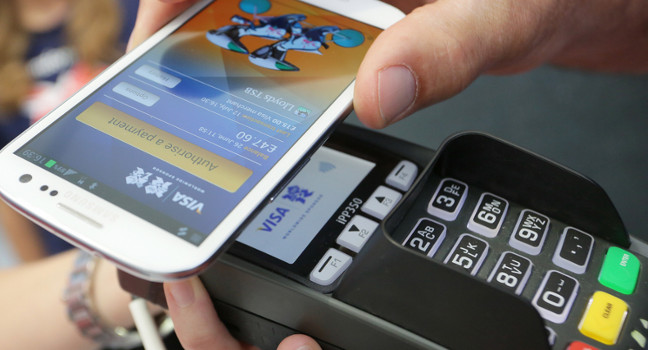Bank chiefs who breach Central Bank of Nigeria’s (CBNs) e-payment reporting rules, including using unapproved third party end-to-end payment solution are to face sanctions, the apex bank said on Tuesday.
Chief executives of banks who flout the apex bank’s guidelines will get a warning letter with the institution fined N2million, the regulator said in the approved guideline on end-to-end electronic payment of salaries, pensions, suppliers and taxes it released
The CBN insists on approving all third party payment solution being deployed by banks.
The approved guideline, said the banks were expected to promote the adoption of end-to-end electronic payments by all stakeholders covered by this regulation.
The approved guidelines also mandated bank customers that receive duplicate or excess payments into their accounts but fail to refund to the bank will have their Bank Verification Number (BVN) placed on the watchlist.
In the CBN regulation on electronic payments and collections for public and private sector, it said that in the event of duplicated/excess payment not noticed but withdrawn by the beneficiary, the beneficiary shall make funds available for refund to the payer.
It said non- compliance shall result in placement of the beneficiary on the BVN Watch-list.
The regulator said that bank employees and pensioners are to maintain appropriate bank accounts with banks, Other Financial Institutions or any other approved channel for receiving payments such as mobile money/electronic wallet, subject to the CBN’s approved Know Your Customer limits; provide valid account and contact details to the Payer; report cases of non-payment, delayed payment or wrong payment of salaries/contributory pension remittances carried out on a CBN approved e-payment platform, to the Payer; register and maintain a Retirement Savings Account (RSA) with a licensed Pension Fund Administrator (PFA).
It said the apex bank in exercise of its powers under the CBN Act, 2007 released the new guidelines to fully align with the core objectives of the National Payments System Vision 2020 (PSV2020) to ensure the availability of safe, effective and efficient mechanisms for conveniently making and receiving all types of payments from any location and at any time, through multiple electronic channels.
This, it said, will reduce the time and costs of transactions, minimise leakages in revenue receipts and at the same time provide reliable audit trails, thereby ensuring that the Nigerian Payments System aligns with international best practices.
The regulator also said that banks, other financial institutions and mobile money operators are to promote the adoption of end-to-end electronic payments by all stakeholders covered by this Regulation.
The financial institutions are to also provide payers and beneficiaries with appropriate accounts with banks, other financial institutions or any other approved channel for receiving payments such as mobile money/electronic wallet, subject to the CBN’s approved Know Your Customer limits.
The e-payment payers are to also adopt end-to-end electronic payment of salaries for employee staff strength of 20 and above; maintain appropriate account with banks or other financial institutions and adopt a CBN approved end-to-end electronic payment platform and use for all forms of payment and collections.


